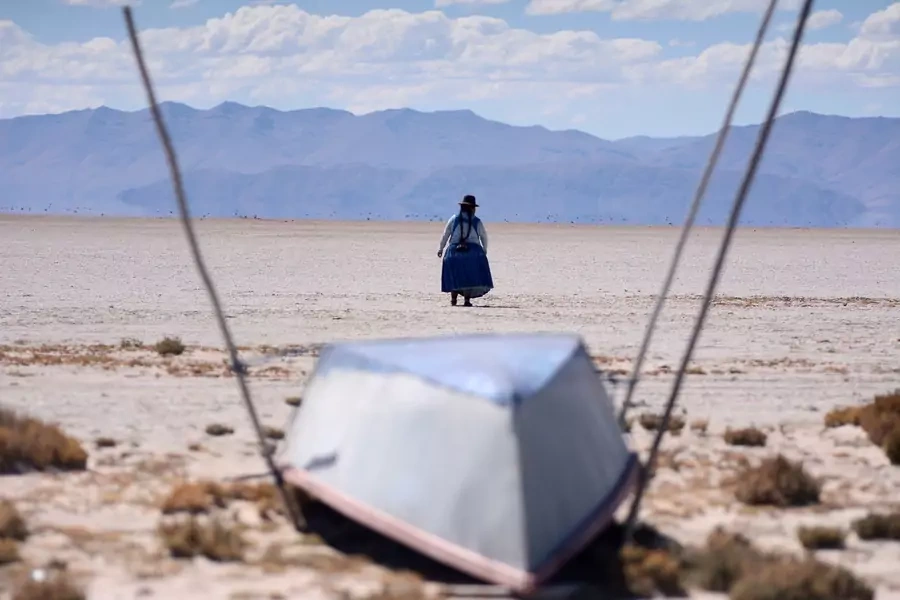- Experts
- Election 2024
-
Topics
FeaturedInternational efforts, such as the Paris Agreement, aim to reduce greenhouse gas emissions. But experts say countries aren’t doing enough to limit dangerous global warming.
-
Regions
FeaturedIntroduction Throughout its decades of independence, Myanmar has struggled with military rule, civil war, poor governance, and widespread poverty. A military coup in February 2021 dashed hopes for…
Backgrounder by Lindsay Maizland January 31, 2022
-
Explainers
FeaturedDuring the 2020 presidential campaign, Joe Biden promised that his administration would make a “historic effort” to reduce long-running racial inequities in health. Tobacco use—the leading cause of p…
Interactive by Olivia Angelino, Thomas J. Bollyky, Elle Ruggiero and Isabella Turilli February 1, 2023 Global Health Program
-
Research & Analysis
FeaturedThe rapidly changing landscape of foreign influence demands a new approach, argues Senior Fellow for Global Governance Miles Kahler. Countering malign influence from abroad will require a stronger democracy at home.
Council Special Report by Miles Kahler October 23, 2024 Diamonstein-Spielvogel Project on the Future of Democracy
-
Communities
Featured
Webinar with Carolyn Kissane and Irina A. Faskianos April 12, 2023
-
Events
FeaturedThis symposium was created to address the broad spectrum of issues affecting Wall Street and international economics. It was established through the generous support of Council board member Stephen C…
Virtual Event with Emily J. Blanchard, Matthew P. Goodman, David R. Malpass, Elizabeth Rosenberg, Janet Yellen, Michael Froman and Rebecca Patterson October 17, 2024 Greenberg Center for Geoeconomic Studies
- Related Sites
- More
Blogs
The Internationalist
Latest Post

The Crisis of the Century: How the United States Can Protect Climate Migrants
The disastrous effects of climate change could displace more than a billion people in the next thirty years. International and domestic legal systems cannot continue to let climate migrants slip through the cracks.
The Moon Landing Anniversary Confronts America With a Fateful Choice
Fifty years after the Apollo 11 moon landing, U.S. policymakers face the choice of whether to put humanity on a trajectory of peaceful cooperation or dangerous militarization in space.
Making Trade Work to Mitigate Climate Change
Trade is a critical multiplier of the fossil fuel–intensive activities that contribute to climate change. Changes to the structure of global trade governance are necessary if the worst consequences of climate change are to be avoided.
Taking Stock of the UN Sustainable Development Goals
This week, representatives from UN member states meet to discuss progress on six goals of the 2030 Agenda for Sustainable Development.
Why the UN Pact on High Seas Biodiversity Is Too Important to Fail
The UN Pact on High Seas Biodiversity represents a long-overdue acknowledgment that the fate of the ocean will help determine our own. But success will require reconciling the divergent interests of multiple constituencies.
The Fissile State of International Nuclear Cooperation
Arms control and diplomacy are falling by the wayside as countries modernize arsenals and renew their focus on geopolitical competition.
 Online Store
Online Store

